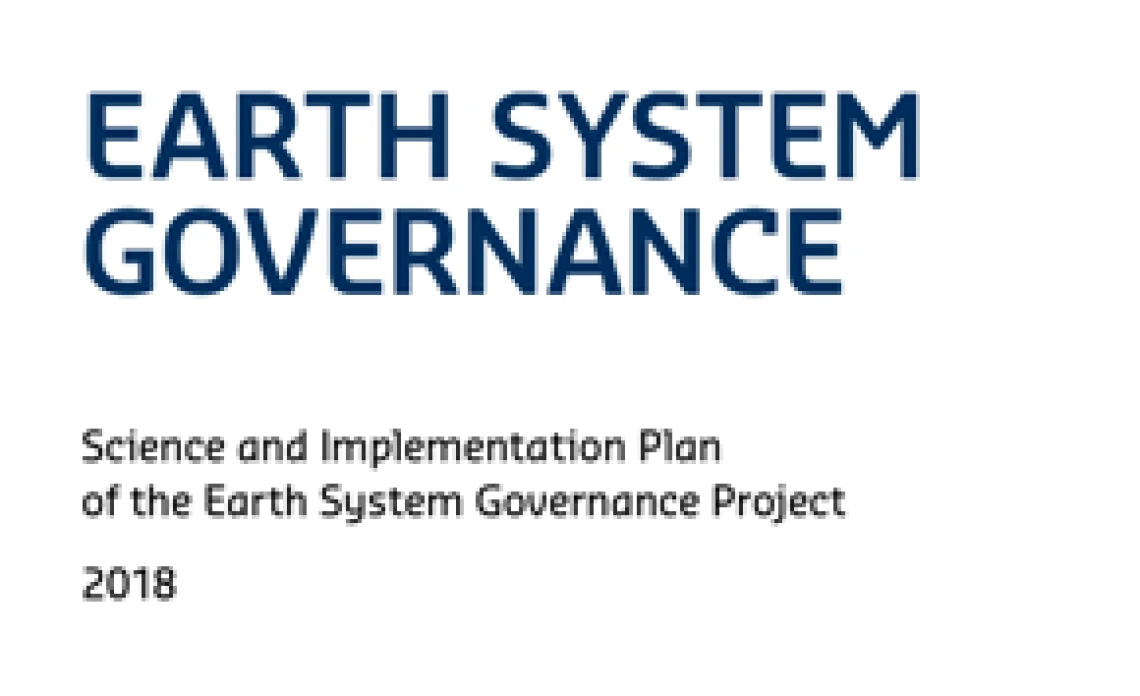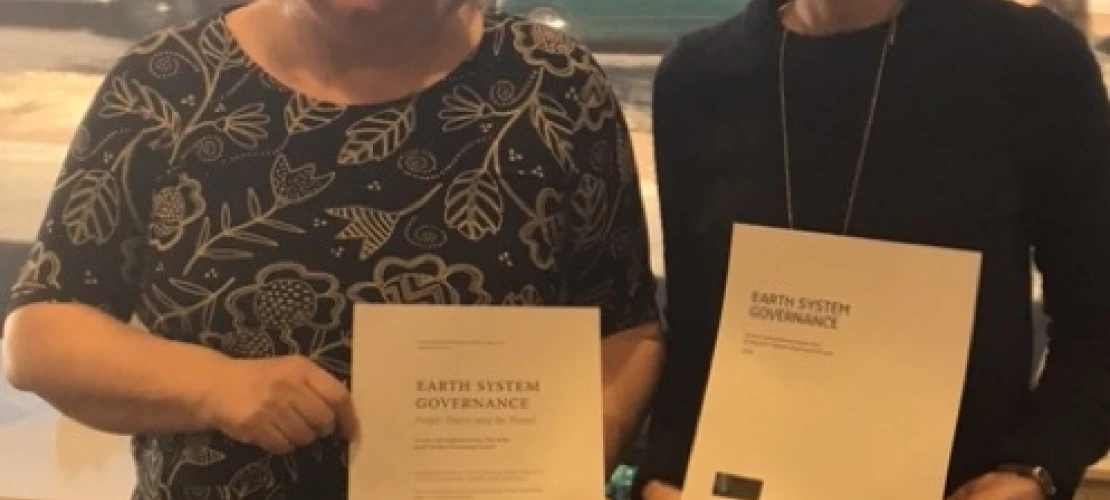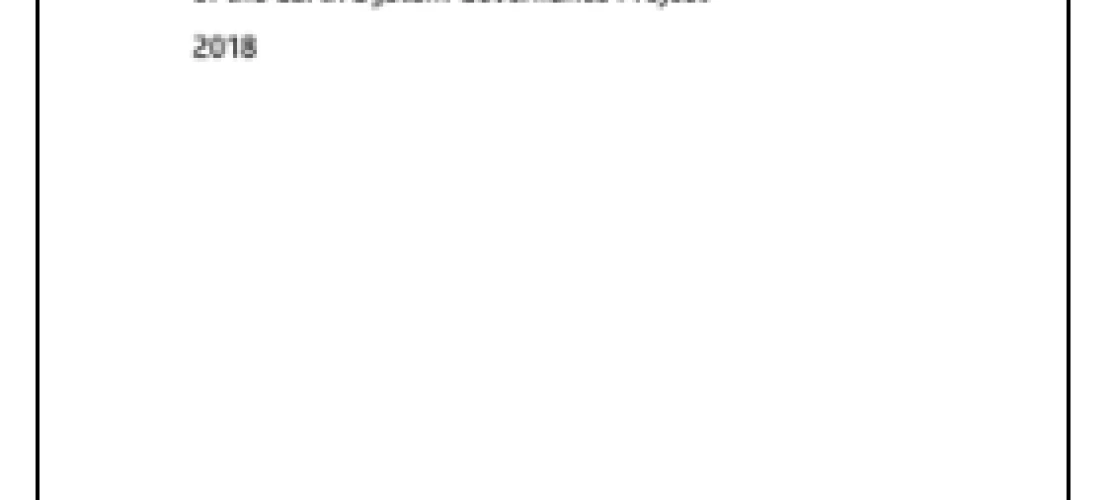The Legacy of UA Researchers Shaping the Direction of Earth System Governance Research

In winter 2018, the Earth System Governance network released their new ESG Science and Implementation Plan setting out the agenda for the next decade of earth system governance research. The Earth System Governance network is a core project of the International Council for Science (ICS/ICSU) under the Future Earth initiative and emerged from 20-year research alliance focused on the social and policy dimensions of global change. Dr. Andrea Gerlak, an Associate Professor in the University of Arizona’s School of Geography and Development and Associate Research Professor with the Udall Center for Studies in Public Policy, served as a Lead Author on the new science plan. In doing so, she joins a group of international scientists building a global interdisciplinary research network exploring the governance structures for tackling the pressing, multi-scalar environmental challenges of our time.
Dr. Gerlak’s contributions to the new Science Plan contribute to our understanding of questions of justice and allocation, adaptiveness and reflexivity, and architecture and agency in earth system governance, and inform strategies to enhance interdisciplinary research. As a lead author of the 2018 ESG Science and Implementation Guide, Dr. Gerlak is helping to steer the next decade of ESG research in these critical areas. She has worked as a core member of the New Directions Initiative since 2016, which was tasked with the work of developing a new, ambitious Science and Implementation Plan for the ESG Network. Since 2011, she has been a Senior Research Fellow with the Earth System Governance network.
This new Science Plan builds on past achievements to outline new directions for the ESG network to tackle emerging and existing problems and solutions related to global environmental change. Among these early members of the ESG project was Dr. Diana Liverman, Regents Professor in the School of Geography and Development at UA. Dr. Liverman served a lead author of the 2009 ESG Research Framework, which guided the alliance for the last decade. Diana also chaired the Scientific Advisory Committee for the sister ICSU Global Environmental Change and Food Systems project and served as the co-chair of the committee that designed Future Earth. Several UA faculty and students have attended the annual conferences of the ESG network, most recently in Utrecht, the Netherlands.
The broader vision of the 2018 ESG Science and Implementation Guide is, “to understand, imagine, and help realize just and sustainable futures by stimulating a pluralistic, vibrant, and relevant research community.”The is clustered around the five analytical problems: Accountability, Adaptiveness, Agency, Allocation and Access, and Architecture, or the five A’s. These analytical problems are then further informed by the cross-cutting themes of knowledge, norms, power, and scale.In addition to shaping the future of earth system governance research, the new science plan aims to promote interactions between researchers and society, especially through education.
Dr. Gerlak is also serving a co-editor (along with Michele Betsill of Colorado State University and Tabitha Benney of the University of Utah) of a forthcoming volume, Agency in Earth System Governance, which examines current understandings of how multiple actors—from states and NGOs to private sectors actors—exercise authority in steering society toward (and away from) a more sustainable future as well as their capacity to deliver effective, legitimate, and equitable environmental governance. To be published by Cambridge University Press in 2020, as part of their Cambridge Elements Series on Earth System Governance, this volume brings together social science research from diverse disciplinary perspectives and draws on a broad range of theoretical and methodological approaches to provide a rich understanding of agency as it operates in earth system governance across multiple scales, issues areas, and geographies.
Since its inception, the Earth System Governance (ESG) Project, has grown to include a global alliance of 45 research centers, annual conferences, numerous taskforces and projects, an annual conference, and a diverse international network of 65 lead faculty members, 60 senior research fellows, and 210 research fellows. Drs. Liverman and Gerlak reflect the long-term commitment of UA faculty to stewarding the future of the earth system.
Learn more about the earth System Governance network.
The next ESG conference is in Oaxaca, Mexico in November, 2019 and all are welcome.
Thanks to Meg Mills-Novoa for her assistance on an earlier version of this blog post.



